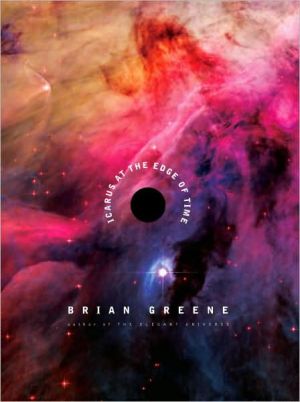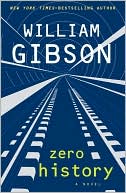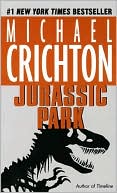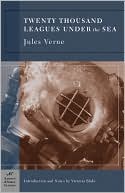Icarus at the Edge of Time
From one of America's leading physicists—a moving and visually stunning futuristic reimagining of the Icarus fable written for kids and those journeying with them toward a deeper appreciation of the cosmos. With a minimum of words set on 34 full color boardbook pages, Icarus travels not to the sun, but to a black hole, and in so doing poignantly dramatizes one of Einstein's greatest insights.\ Unlike anything Brian Greene has previously written, Icarus at the Edge of Time uses the power of...
Search in google:
From one of America's leading physicists—a moving and visually stunning futuristic reimagining of the Icarus fable written for kids and those journeying with them toward a deeper appreciation of the cosmos. With a minimum of words set on 34 full color boardbook pages, Icarus travels not to the sun, but to a black hole, and in so doing poignantly dramatizes one of Einstein's greatest insights.Unlike anything Brian Greene has previously written, Icarus at the Edge of Time uses the power of story, not pedagogy, to communicate viscerally one small part of the strange reality that has emerged from modern physics. Designed by Chip Kidd, with spectacular images from the Hubble Space Telescope, it's a short story that speaks to curiosity and wisdom in a universe we've only begun to fathom.Publishers WeeklyBe forewarned: this is not like anything else the bestselling physicist Greene (The Elegant Universe) has written. Nor is it a children's book, though it looks like one, with simple, didactic text and Chip Kidd's design for spectacular photos, taken by the Hubble Space Telescope, of nebulae, galaxies and other cosmic phenomena, all on thick board. So what is this strange book? According to the publishers, it's a science title, but really it's a retelling of the myth of Icarus for the Star Wars generation. In Greene's version, Icarus, like his father, will live out his life on the starship Proxima, headed on a 23-trillion-mile journey to a planet that had sent intelligible radio signals to Earth. But the 14-year-old yearns to escape the Proxima's confines. So he gears up his Runabout-with a "micro-warp-drive engine" of his own design-and flits nimbly to the edge, not of the Sun, but of a black hole. But Icarus has forgotten about gravity's ability to warp time, and he will never reunite with his father or the Proxima again. Greene's impulsive teenager embodies well our insatiable desire to explore the universe, and Greene offers an ingenious transposition of the Icarus myth for the modern era. Yet the lesson Greene wants readers to take away is unclear: rather than dying, this Icarus is granted a stunning, if unbelievably optimistic, view of the future. Copyright © Reed Business Information, a division of Reed Elsevier Inc. All rights reserved.
\ Publishers WeeklyBe forewarned: this is not like anything else the bestselling physicist Greene (The Elegant Universe) has written. Nor is it a children's book, though it looks like one, with simple, didactic text and Chip Kidd's design for spectacular photos, taken by the Hubble Space Telescope, of nebulae, galaxies and other cosmic phenomena, all on thick board. So what is this strange book? According to the publishers, it's a science title, but really it's a retelling of the myth of Icarus for the Star Wars generation. In Greene's version, Icarus, like his father, will live out his life on the starship Proxima, headed on a 23-trillion-mile journey to a planet that had sent intelligible radio signals to Earth. But the 14-year-old yearns to escape the Proxima's confines. So he gears up his Runabout-with a "micro-warp-drive engine" of his own design-and flits nimbly to the edge, not of the Sun, but of a black hole. But Icarus has forgotten about gravity's ability to warp time, and he will never reunite with his father or the Proxima again. Greene's impulsive teenager embodies well our insatiable desire to explore the universe, and Greene offers an ingenious transposition of the Icarus myth for the modern era. Yet the lesson Greene wants readers to take away is unclear: rather than dying, this Icarus is granted a stunning, if unbelievably optimistic, view of the future. \ Copyright © Reed Business Information, a division of Reed Elsevier Inc. All rights reserved.\ \








